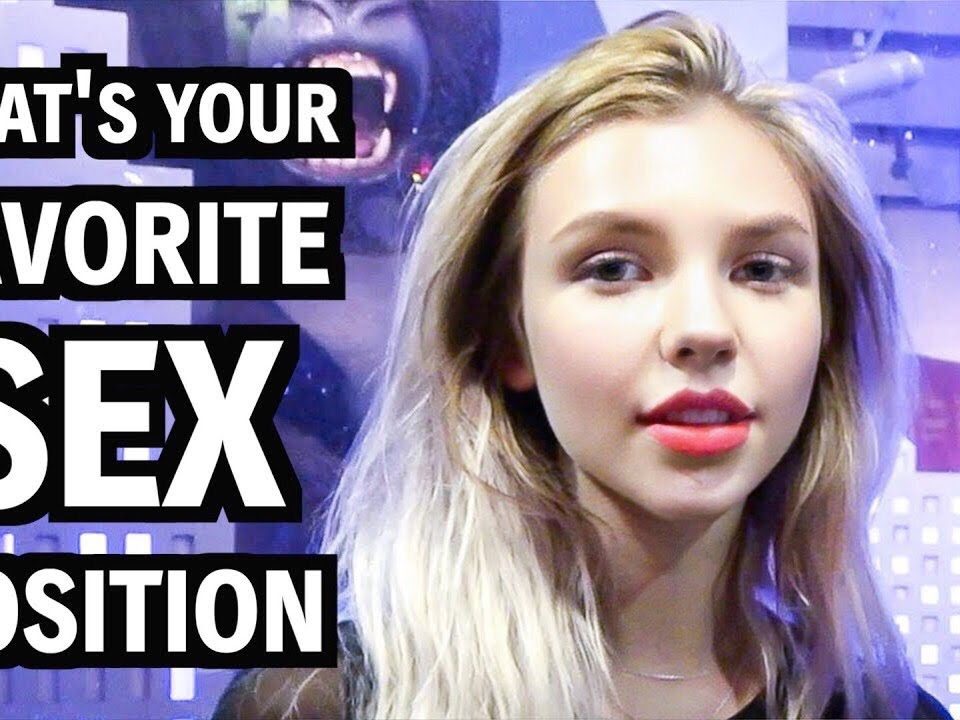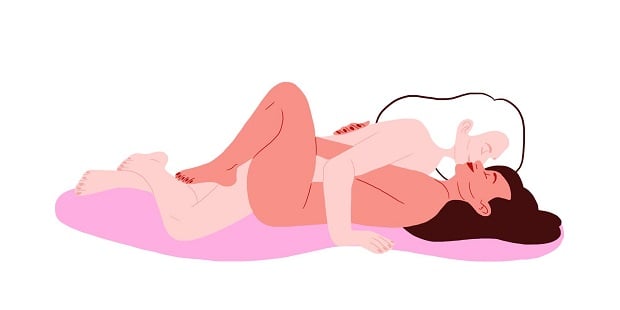Welcome To The Porn Underground

When you saw the jokey “Public Fleshlight” sign and sex toy above, did you cringe? You were supposed to; that’s the joke. The photo is from Burning Man, the famous annual festival in the Black Rock desert of Nevada in the United States where casual nudity and public sex are said to be common enough to raise few eyebrows, but public masturbation — with a shared pleasure appliance no less! — still does. Which makes the sign-and-Fleshlight an art installation, one that’s supposed to make us think about the public masturbation taboo and the reasons for our squick around shared sex toys (and how exactly that squick may differ from the enthusiasm we might have for participating in an orgy, three tents west and four tents north.)
So it’s art; arguably, even pretty good art. And it’s funny. But there’s nothing funny about the social taboo against masturbation that floats that art installation like water floats a boat.
That social taboo is the same social taboo that gives porn its stigma. And porn/masturbation stigma is killing the porn industry, in this age of squeaky-clean social media companies that are deliberately destroying the open internet to make more room for their controlled “family-friendly” walled-garden app environments.
The trend starts at the top, with the bankers and stockbrokers and venture capitalists. This is the part I like to call “the pornocalypse.” I say “the pornocalypse comes for us all” and by that I mean, it comes like the grim reaper for every internet company that you are ever likely to use to publish anything: journals, blogs, tweets, posts, walls, posts, pictures, snaps, vids, vines, anything. The name doesn’t matter. If it’s an internet place where people come together to publish and share, and it has a business model, there will come a day when it decides to borrow money or sell shares or go public or seek additional investment or otherwise submit to the whims of the financially powerful. And on that day, the financially powerful will insist that any porn being shared on that system must be removed or at least hidden. The terms of service will change, the acceptable use policy will be revised, porn search terms will mysteriously stop returning any results, and users will get a “Great news!” email all about the exciting new changes enabled by the new round of investment. Most often, the most porn-focused users will start seeing “This account has been suspended” messages. The pornocalypse has come again.
If you’re a porn fan, think back through your history of using the internet to find, share, and enjoy porn. How many times have you seen this happen? How many forums, how many social media sites, how many blog platforms, how many photo sharing sites, how many link-sharing and social-voting sites, how many you-name-it flavor-of-the-month sites had a lot of porn until one day they got acquired and all the porn got shut down? You’ve seen it yourself. Pornocalypse.
Recently the big pornocalypse news was Tumblr, which got bought by Yahoo which then got bought by Verizon. Tumblr had (and still has) a whole lot of porn. Verizon didn’t ban it all; that would have been like shooting a quarter of their users. Instead they hid the fuck out of the porn, or as much of it as they could manage to mechanically identify and flag. Now you can’t see all that porn unless:
- You’re a signed-up member with an account and log-in credentials
- You’re actually currently logged into Tumblr; and
- You’ve changed your settings from the default “hide the porn”.
They’ve also set their robots.txt files for all the porn Tumblrs so that Google can’t see or index or return search results for any of the porn blogs, and if anybody who is not logged into Tumblr somehow manages to land on Tumblr porn anyway, they can’t see it; instead they get a blank page offering to let them log in. Pornocalypse. Tumblr porn is now completely underground.

That same financial-industry anti-porn squeamishness that drives the pornocalypse infects every other internet business, from search engines to payment systems to crowd-funding (this week’s news is a Patreon-pornocalypse, after Patreon tightened up their anti-porn rules in the wake of a new round of venture capital fundraising) to social media. With Facebook famously banning porn not only from its own platform, but also from links outward from its platform, it’s not a stretch to say that social media itself is anti-porn, not when Facebook is by far the largest and most dominant social media network in the world. And thus in an important sense porn itself is now an underground phenomenon, at least with respect to the growing billions of people who think that that “the internet” actually means “Facebook”.
Do you enjoy internet porn? Welcome to the porn underground.





